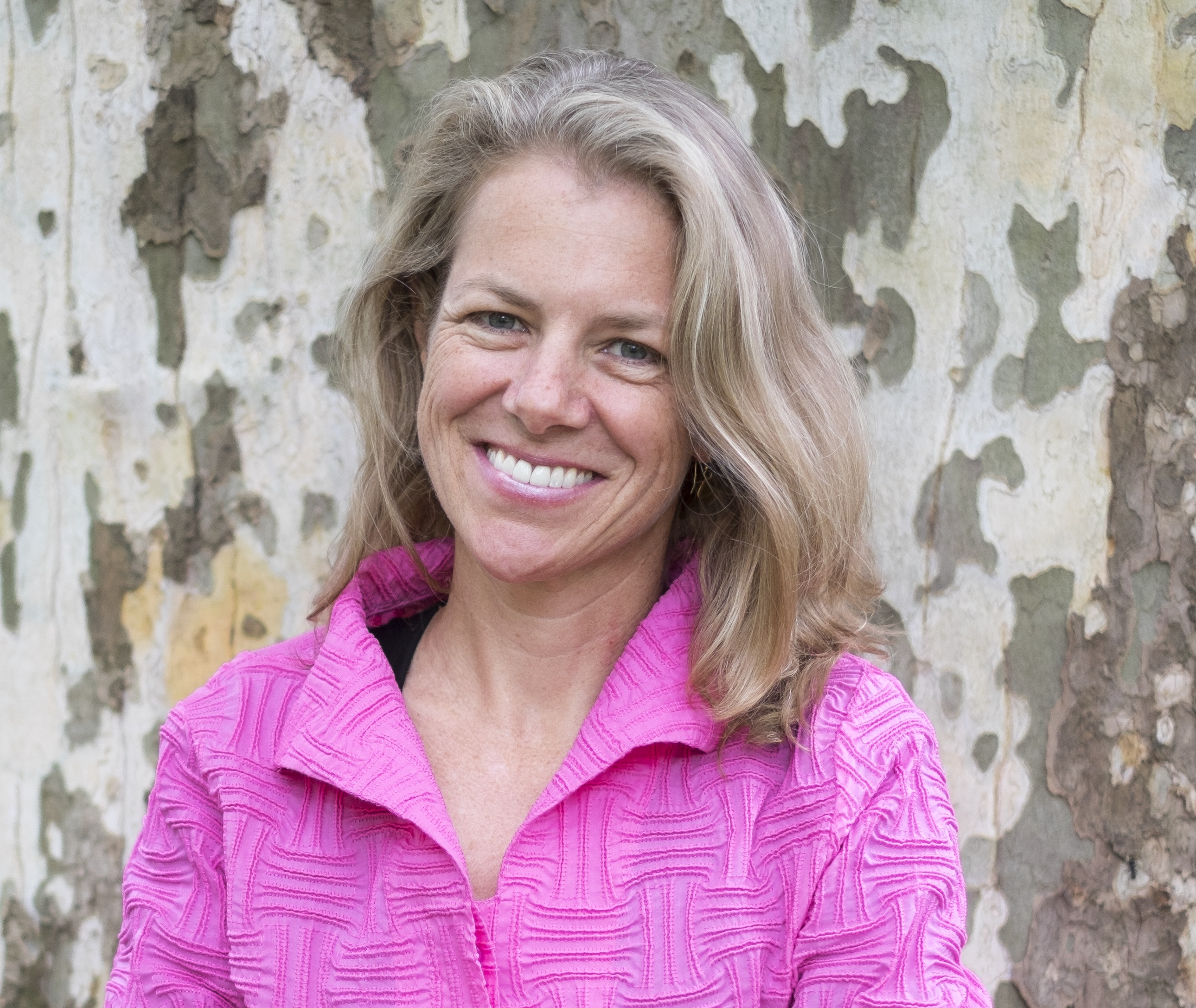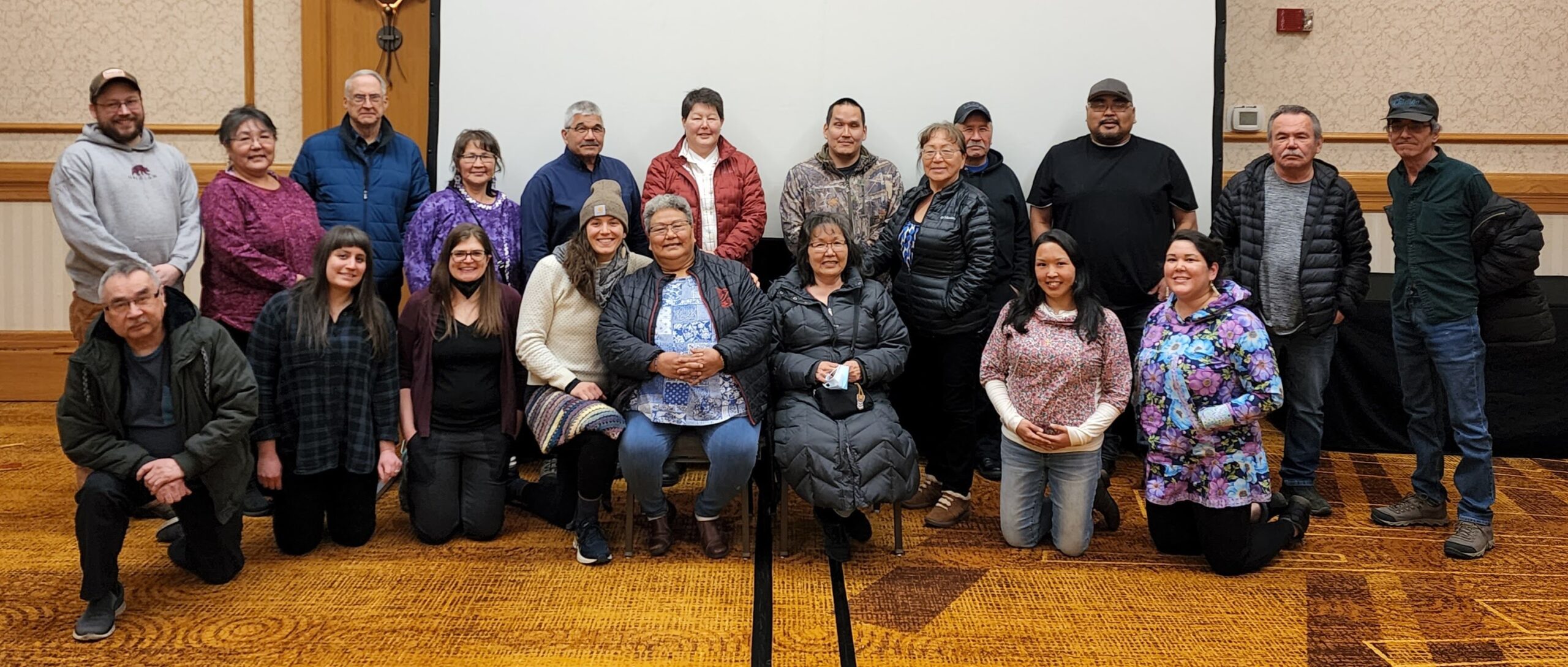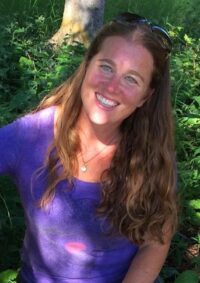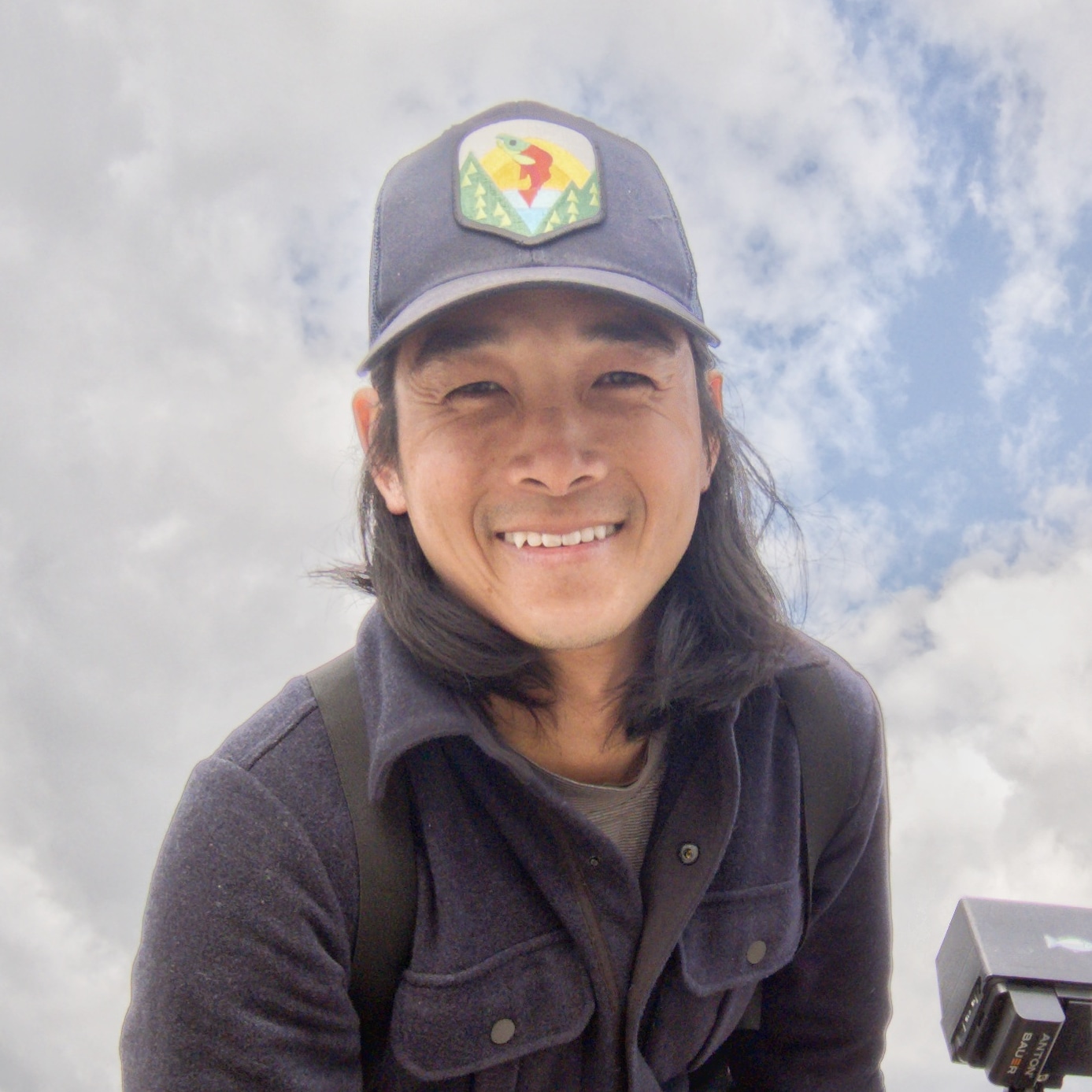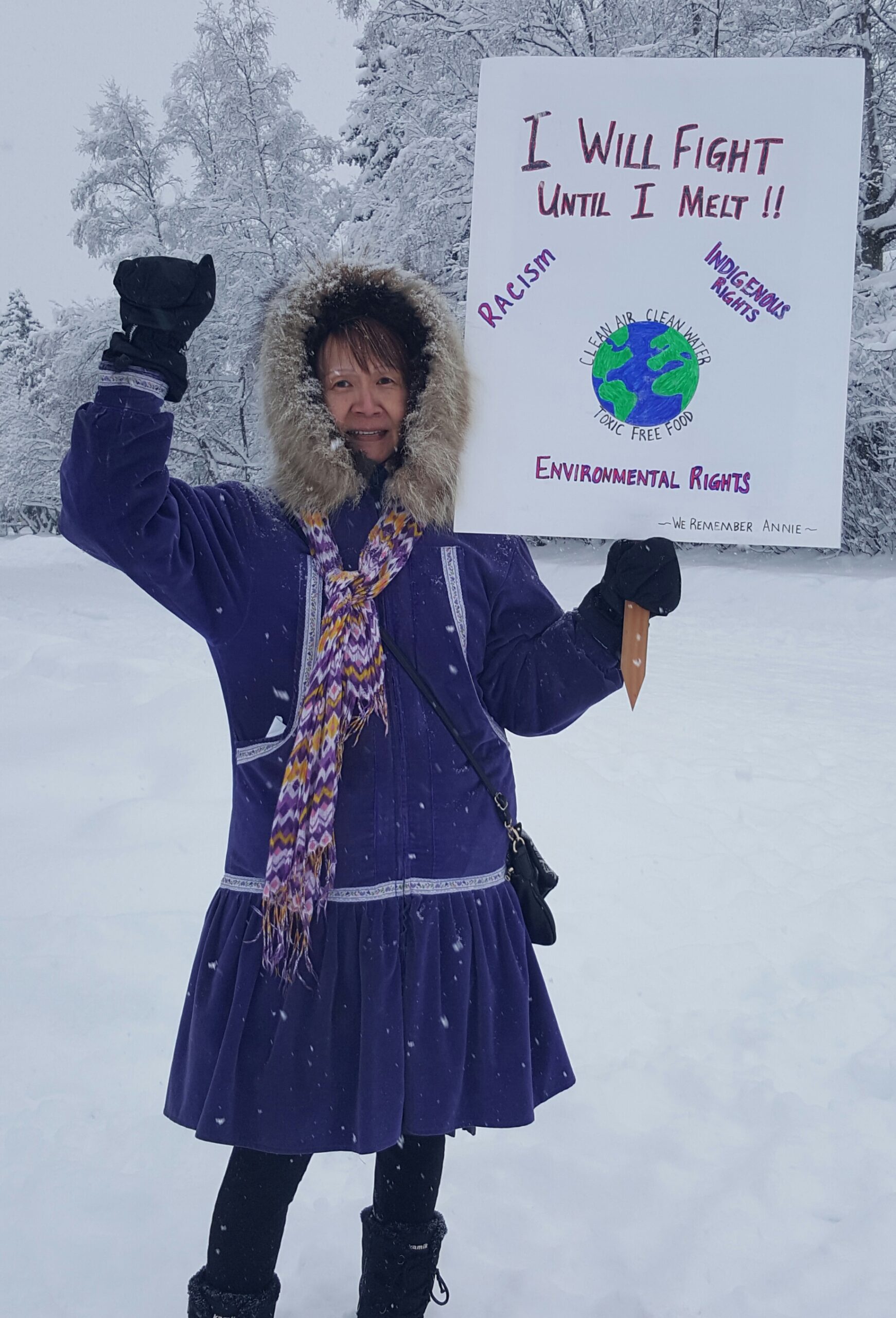Alaska Conservation Foundation is proud to recognize the following individuals:
Lifetime Achievement Award
Pamela K. Miller 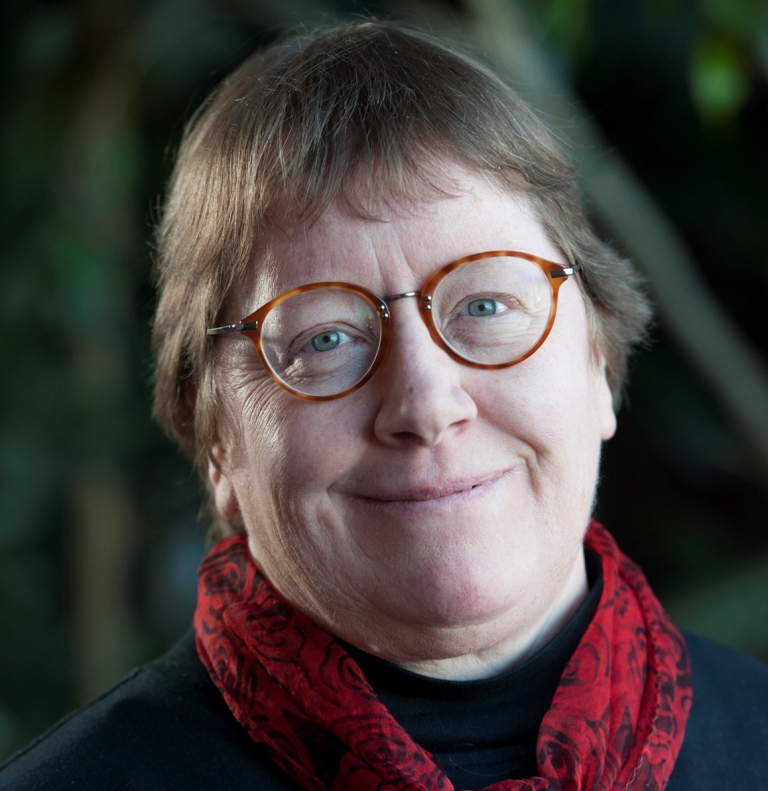
Pamela founded Alaska Community Action on Toxics – ACAT – in 1997 and serves as Executive Director. She brings more than 35 years of research, education, and advocacy experience to her present work. Pamela works passionately for environmental and reproductive justice, health, and human rights. In addition to serving as Executive Director for ACAT, Pamela was elected in 2016 as Co-Chair of the International Pollutants Elimination Network, a network of over 600 environmental health and justice organizations working in more than 124 countries. She serves as a Principal Investigator for community-based participatory research projects funded by the National Institute of Environmental Health Sciences. Pamela received a Meritorious Service Award from the University of Alaska. She holds a bachelor’s degree in biology from Wittenberg University and a master’s degree in environmental science from Miami University. Prior to her work in Alaska, she served as Ocean Issues Technical Coordinator for the Washington Department of Ecology and Director of a marine science education center at Nisqually Reach in southern Puget Sound. She received the Governor’s Award for Environmental Excellence in Washington State. She came to Alaska in 1989 following the Exxon Valdez oil spill to serve as a research biologist and campaigner with Greenpeace.
Celia Hunter Award for Outstanding Volunteer Contributions
Molly Kemp 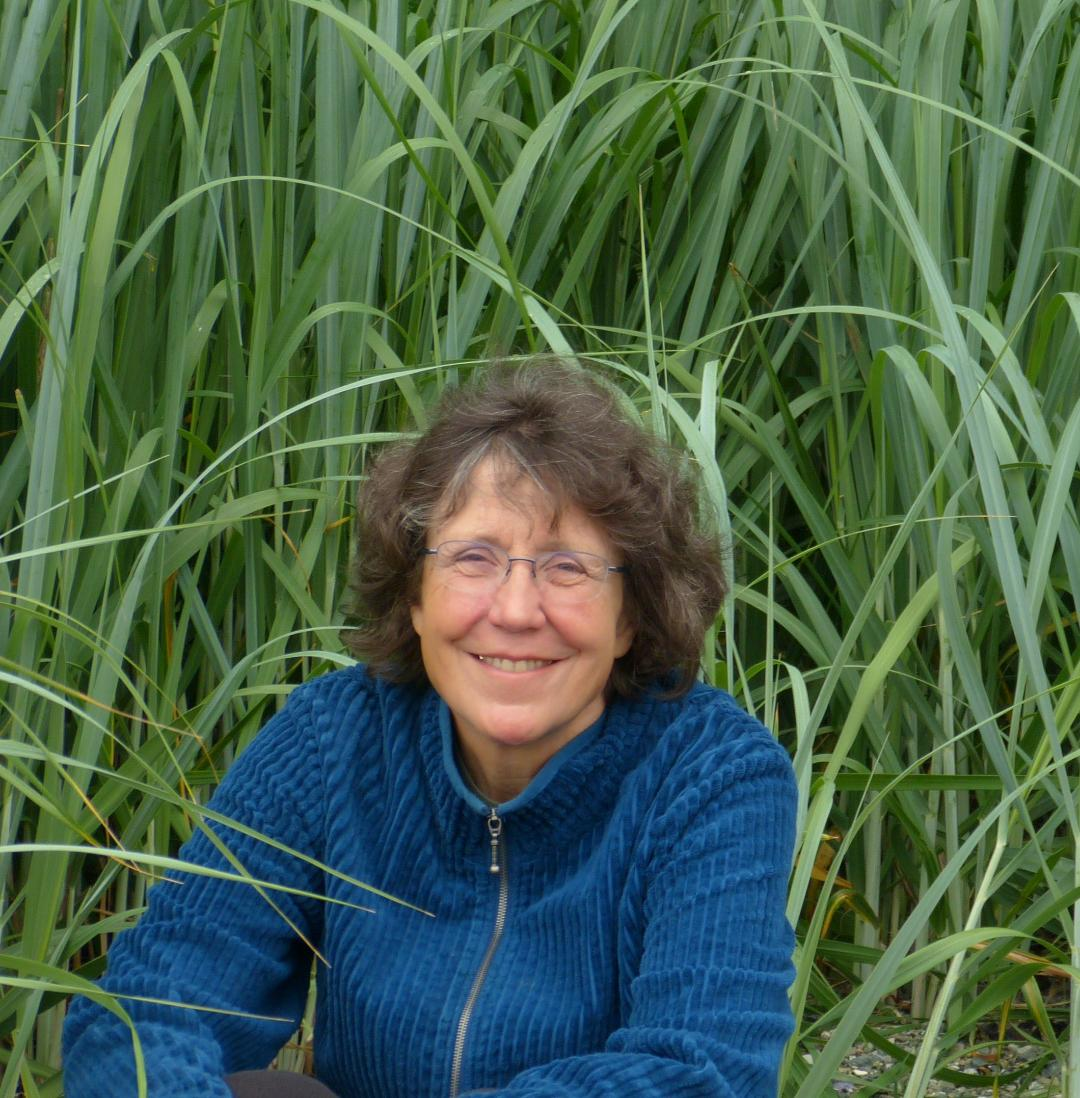
Molly Kemp fell in love with Southeast Alaska nearly 50 years ago and put down roots in the Chichagof Island community of Tenakee Springs. Recognizing the vulnerability of her forest home led to decades of political activism and the formation of the Chichagof Conservation Council. Molly’s still-growing understanding of the critical role of salmon spawning and rearing habitat led to an ongoing stream temperature monitoring project that has highlighted the unique importance of intact Tenakee Inlet watersheds. Molly and her husband Nick Olmsted have explored many paths in their quest for a sustainable way of life. Some of those paths may provide inspiration, others offer a warning. Living on the same piece of ground for 47 years and observing climate change effects through that intimate relationship makes it clear that the future of everything we cherish is balanced on the edge of a knife.
Olaus Murie Award for Outstanding Professional Contributions
Margaret D. Williams
Margaret Williams has been engaged in Arctic and northern conservation for three decades. For 25 years she served as managing director of World Wildlife Fund’s US Bering Sea and Arctic program, coordinating numerous Alaska-Russia efforts to protect shared ecosystems and wildlife populations. In the early 1990’s she helped to build support for Russia’s protected areas network and co-founded the first publication on biodiversity conservation in northern Eurasia. Margaret is currently an Arctic Fellow at the Harvard Kennedy School.
Lowell Thomas, Jr. Award for Outstanding Achievements by an Organization Doing Conservation Work
United Tribes of Bristol Bay
United Tribes of Bristol Bay – UTBB – is a Tribal consortium working to protect the traditional Yup’ik, Dena’ina, and Alutiiq ways of life in Bristol Bay that depend on the pristine Bristol Bay Watershed and all it sustains, most notably Bristol Bay’s wild salmon. Membership consists of 15 federally recognized Tribes in Bristol Bay, representing over 80 percent of the region’s population. Founded in 2013, UTBB is a key organization working in the region on Tribal advocacy and environmental justice issues. UTBB and its member tribes have made great progress in the effort to stop the Pebble Mine, but the work to secure permanent protections for the watershed continues with legal challenges and the dozens of remaining active mining claims within the region.
Jerry S. Dixon Award for Excellence in Environmental Education
Tricia Blake
Raised in the deciduous forests and salt marshes of New England, Tricia developed a strong connection to the outdoors. She conducted field work from Cape Cod to Queensland and discovered a love of teaching along the way. Her journey eventually led her to Interior Alaska where the deep connections between human and nonhuman communities felt like home. Here she also discovered the incredible power of a tiny songbird to connect people of all ages, from all walks of life to the natural world. Over the last two decades Tricia has built a home off the grid west of Fairbanks while continuing to seek innovative ways to integrate ecological research, education, and conservation. Her teaching philosophy is deeply rooted in place and building understanding of ecosystems. Her approach places people–especially kids and teens–on the front lines of scientific inquiry and conservation. In 2013, she played a pivotal role in founding the Alaska Songbird Institute – ASI – a nonprofit dedicated to conserving Alaska’s boreal songbirds. She continues to lead ASI’s integrated research, education, and conservation efforts.
Daniel Housberg Wilderness Image Award for Excellence in Still Photography, Film or Video
Jason Ching
Jason is a research scientist with the University of Washington’s Alaska Salmon Program. Each summer since 2007 he has been conducting fieldwork on Iliamna Lake in Bristol Bay, learning about the sockeye salmon runs, the ecosystems they support, the people that depend on them, and how everything functions in harmony. Alongside his work as a researcher, he has dedicated much of the last decade to photographing these pristine environments of Southwest Alaska and has found it especially fulfilling to be able to open up his work to conservation organizations aimed at protecting Bristol Bay watersheds from threats like the proposed Pebble Mine.
Caleb Pungowiyi Award for Outstanding Achievements by an Alaska Native Organization or Individual
Viola “Vi” Waghiyi
Vi Pangunnaaq Waghiyi is a Sivuqaq Yupik grandmother and Native Village of Savoonga Tribal Citizen. She is a nationally recognized environmental justice leader and is frequently invited to speak locally, nationally, and internationally. Since 2002, she has worked with Alaska Community Action on Toxics and serves as Environmental Health and Justice Program Director. She was appointed by President Biden to the White House Environmental Justice Advisory Council in April 2021 and re-appointed in March 2023 to advise the Chair of the Council on Environmental Quality and to increase the federal government’s efforts to address environmental justice. In December 2021, Vi was one of five women of color presented the Rachel’s Network Catalyst Award for women environmental leaders of color. Vi serves as a leader of the Global Indigenous Peoples Caucus that advises the United Nation’s international delegates for treaties concerning persistent organic pollutants. She served as a member of the Environmental Health Sciences Council that advises the National Institute of Environmental Health Sciences from 2012 to 2016. In 2016, Vi received an Environmental Achievement Award from the Alaska Native Tribal Health Consortium in “Recognition of Valuable Contributions to Environmental Excellence in Alaska.” In 2013 she received a certificate of appreciation from the leaders of her home of Savoonga “for the dedication and devoted service as an Ambassador of St. Lawrence Island for protecting our health and human rights.” She coordinates environmental health research projects in the Norton Sound region of Alaska and supervises the work of community researchers on Sivuqaq on a community based participatory research project in partnership with the tribes of Sivuqaq.
